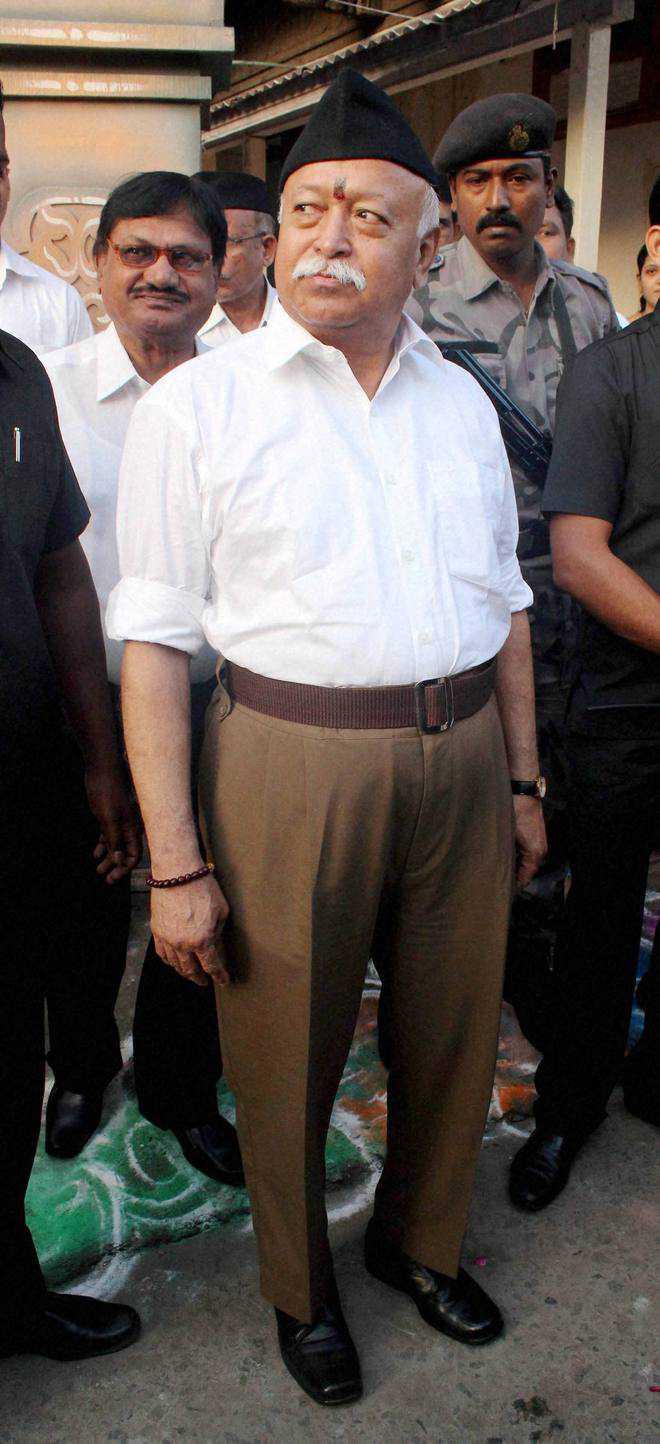
The RSS, founded on Vijayadashami in 1925 in Nagpur by Dr Keshav Baliram Hedgewar, has grown into one of India’s most influential socio-cultural networks. Over time it has diversified into education, social welfare, disaster relief, and political influence, with many of its former functionaries moving into electoral politics. Modi himself is a former RSS pracharak, and his participation signals continuity in the movement’s relationship with the Bharatiya Janata Party.
Ahead of the event, the organisation has rolled out a slate of centenary initiatives. One notable project is the reimagining of Sangh Geets, traditional ideological songs long used in RSS shakhas and camps. These have been recomposed by Shankar Mahadevan in attempts to bridge generational appeal. The launch of the new collection was held in Nagpur, where RSS chief Mohan Bhagwat released the updated versions.
Nationwide, the RSS plans over 100,000 gatherings as part of a year-long centenary campaign. According to RSS publicity sources, events will include local and district-level seminars, door-to-door outreach, cultural programmes, and dialogue sessions in major cities. Former President Ram Nath Kovind is slated to be chief guest for the Vijayadashami event in Nagpur on October 2, which marks the formal inauguration of the centenary year.
Observers interpret Kovind’s selection—he is among the relatively few Dalit leaders associated with the RSS—as a deliberate attempt by the organisation to broaden its social base and counter narratives of exclusivity. Analysts see this as part of a refined strategy to appeal beyond its traditional support groups and engage with historically marginalised communities.
Political analysts are treating the Delhi event as more than ceremonial. The timing, ahead of assembly polls in several states, invites speculation over how prominently RSS messaging will feature in electoral campaigning. Some commentators view the centenary as a platform for ideological reaffirmation—emphasising national regeneration, cultural unity, and civil discipline—rather than overt partisan mobilisation.
RSS’s internal positioning also merits scrutiny. The immediate past two decades have seen debates within the Sangh ecosystem over expansion into governance, urban outreach, and public communication. The adoption of modern media tools, social media outreach, and the use of music and aesthetics in ideological promotion suggest a desire to reposition itself for relevance in 21st-century India.
Critics, however, caution that public celebrations may mask deeper controversies. Opponents point to RSS’s historical association with communal ideology and question its record on pluralism. Some civil society observers worry that the centenary may become a vehicle for hardening identity politics. Proponents counter that the RSS has increasingly emphasised social service, relief work, and grassroots education.
